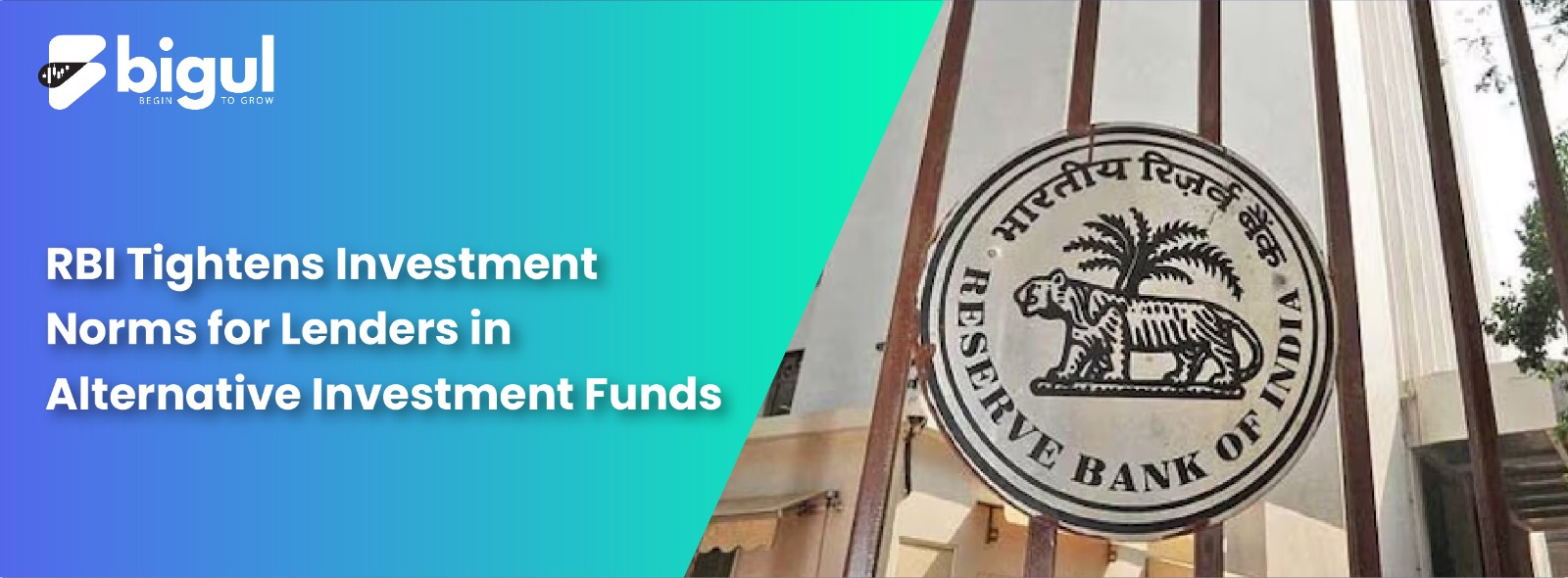The RBI has taken firm steps to combat the practice of renewing troubled loans. It has recently ordered banks, NBFCs, and other financial bodies not to invest in Alternative Investment Funds (AIFs) engaged in downstream investments with debtor companies.
Understanding AIFs and Regulatory Implications
Alternative Investment Funds (AIFs) are privately pooled investment vehicles established in India, garnering funds from sophisticated Indian and foreign investors. While these funds are a part of regular investment operations for regulated entities (REs), the RBI has raised concerns over certain transactions involving AIFs, which effectively substitute direct loan exposures with indirect ones through AIF investments.
The Issue with Indirect Loan Exposures
RBI’s notification highlights the practice of loan evergreening, where lenders attempt to revive failing loans by extending additional credit to the same borrowers. This process often serves as a temporary solution, masking the true health of the bank’s loan portfolio. As of the latest data, 1,220 AIFs are registered with SEBI, with a significant rise in total investment commitments and funds raised.
New Regulatory Measures by RBI
To combat potential evergreening through AIFs, the RBI now mandates that regulated entities must not invest in any AIF scheme with direct or indirect investments in a debtor company of the RE. This definition includes any company in which the RE has had loan or investment exposure in the past 12 months.
Tackling Evergreening via AIFs
Instances have been observed where regulated entities used AIFs to fund stressed loans, thus delaying their classification as non-performing assets (NPAs). RBI’s stringent new rule requires REs to liquidate their investments in AIF schemes within 30 days if these schemes invest in debtor companies.
Implications for the Financial Sector
This development is expected to significantly impact the investment strategies of regulated entities in AIFs, encouraging greater transparency and prudential lending practices. The requirement for a 100% provision on such investments is likely to deter irregularities, enhancing the overall health and stability of the financial sector.
